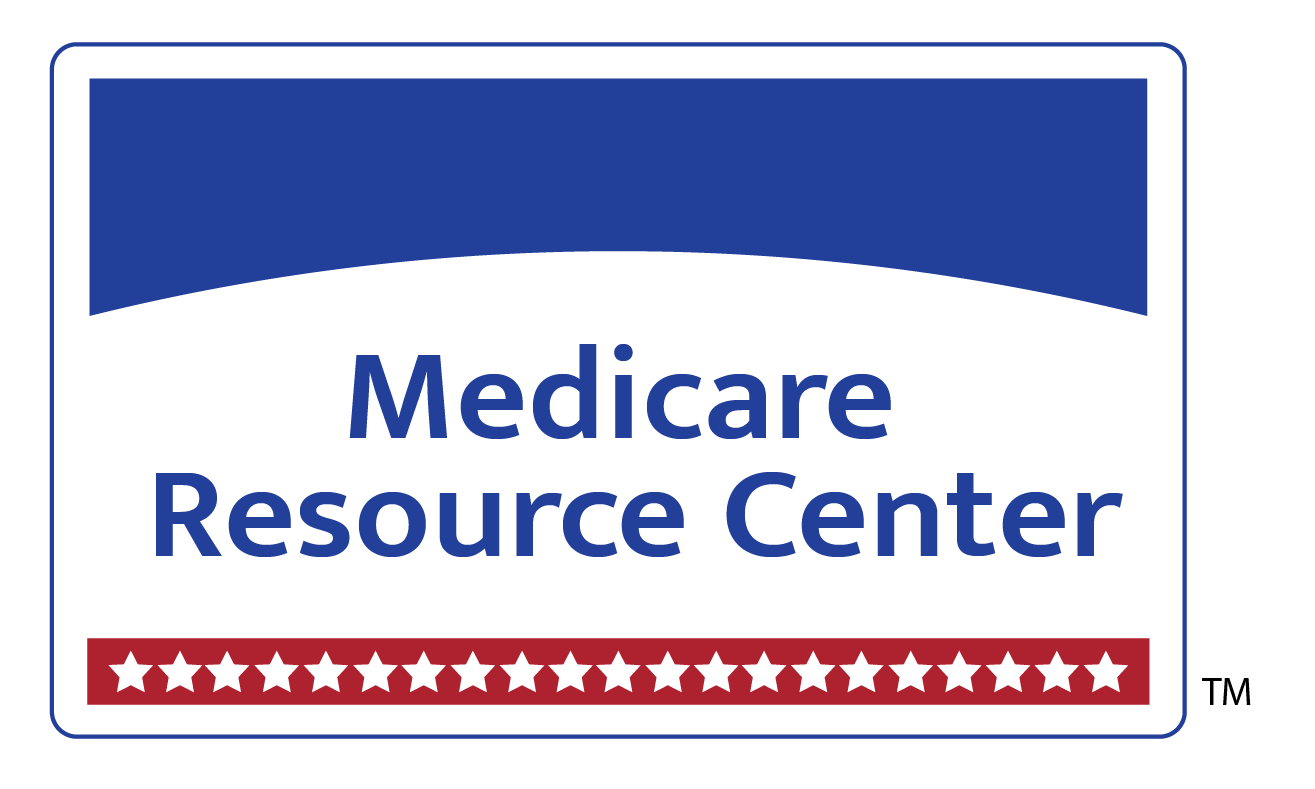Navigating Medicare: A Comprehensive Guide to Understanding Your Healthcare Options
- Seth Clayton

- Jun 19, 2023
- 3 min read
Updated: Oct 20, 2023

Introduction:
As we age, ensuring access to quality healthcare becomes increasingly important. One crucial aspect of healthcare for individuals aged 65 and older or those with certain disabilities is Medicare. With its various parts and enrollment options, Medicare can seem complex and overwhelming. In this blog post, we'll provide a comprehensive guide to help you understand the basics of Medicare, its different components, enrollment periods, and coverage options.
1. What is Medicare?
Medicare is a federal health insurance program in the United States that provides coverage to individuals who meet specific eligibility criteria. It is primarily designed for people aged 65 and older, but it also covers some younger individuals with disabilities or certain medical conditions.
2. Medicare Parts Explained:
Medicare consists of several parts, each offering different coverage options:
a) Part A (Hospital Insurance): Part A covers inpatient hospital care, skilled nursing facility care, hospice care, and limited home healthcare services.
b) Part B (Medical Insurance): Part B covers outpatient medical services, preventive care, doctor visits, medical supplies, and durable medical equipment.
c) Part C (Medicare Advantage Plans): Medicare Advantage Plans are offered by private insurance companies approved by Medicare. These plans combine Part A and Part B coverage and often include additional benefits like prescription drug coverage and dental or vision services.
d) Part D (Prescription Drug Coverage): Part D provides prescription drug coverage. Medicare beneficiaries can enroll in standalone Part D plans or choose a Medicare Advantage plan that includes prescription drug coverage.
3. Initial Enrollment Period (IEP):
The Initial Enrollment Period is the first opportunity for most individuals to enroll in Medicare. It generally begins three months before the month of your 65th birthday and extends for three months after that month. It is crucial to enroll during this period to avoid potential penalties and ensure uninterrupted coverage.
4. General Enrollment Period (GEP):
If you missed your Initial Enrollment Period, the General Enrollment Period is another opportunity to sign up for Medicare. It occurs annually from January 1st to March 31st, but coverage does not begin until July 1st of that year. It's important to note that late enrollment may result in permanent premium penalties for Part B and Part D.
5. Special Enrollment Periods (SEP):
Certain circumstances allow individuals to enroll or make changes to their Medicare coverage outside of the Initial Enrollment Period and General Enrollment Period. These circumstances include factors like moving to a new area, qualifying for additional assistance programs, or losing employer coverage. SEP rules can vary, so it's important to understand the specific criteria and time frames that apply.
6. Medicare Supplement Insurance (Medigap):
Original Medicare (Parts A and B) doesn't cover all healthcare expenses, leaving beneficiaries responsible for deductibles, copayments, and coinsurance. To help with these out-of-pocket costs, private insurance companies offer Medigap plans. Medigap policies are standardized and designed to work alongside Original Medicare to provide additional coverage.
7. Understanding Medicare Costs:
Medicare involves various costs, such as monthly premiums, deductibles, copayments, and coinsurance. Understanding these costs and budgeting for them is crucial for effective financial planning. Different parts of Medicare have different cost structures, and the amount you pay can depend on factors like income, coverage choices, and the specific services received.
Conclusion:
Medicare plays a vital role in providing healthcare coverage for millions of Americans aged 65 and older and individuals with certain disabilities. Navigating the complexities of Medicare can be overwhelming, but with a clear understanding of its different parts, enrollment periods, and coverage options, you can make informed decisions to ensure the best healthcare for yourself or your loved ones.
Remember, it's important to research and consult with Medicare resources, such as the Medicare Resource Center, to obtain personalized information based on your unique circumstances. With knowledge and guidance, you can confidently navigate the world of Medicare and make the most of the healthcare options available to you.



Medicare choices can seriously feel like a maze, especially when you're trying to figure out what's actually going to work long-term. That’s why guides like this matter—they break things down in a way that makes sense. I used https://seniorcarehomes.com/ when helping my aunt find a care facility that worked with her coverage, and it was a total game-changer. Clear info, side-by-side comparisons, and real feedback from others—it saved us so much time and stress. Definitely a tool I’m grateful I found.